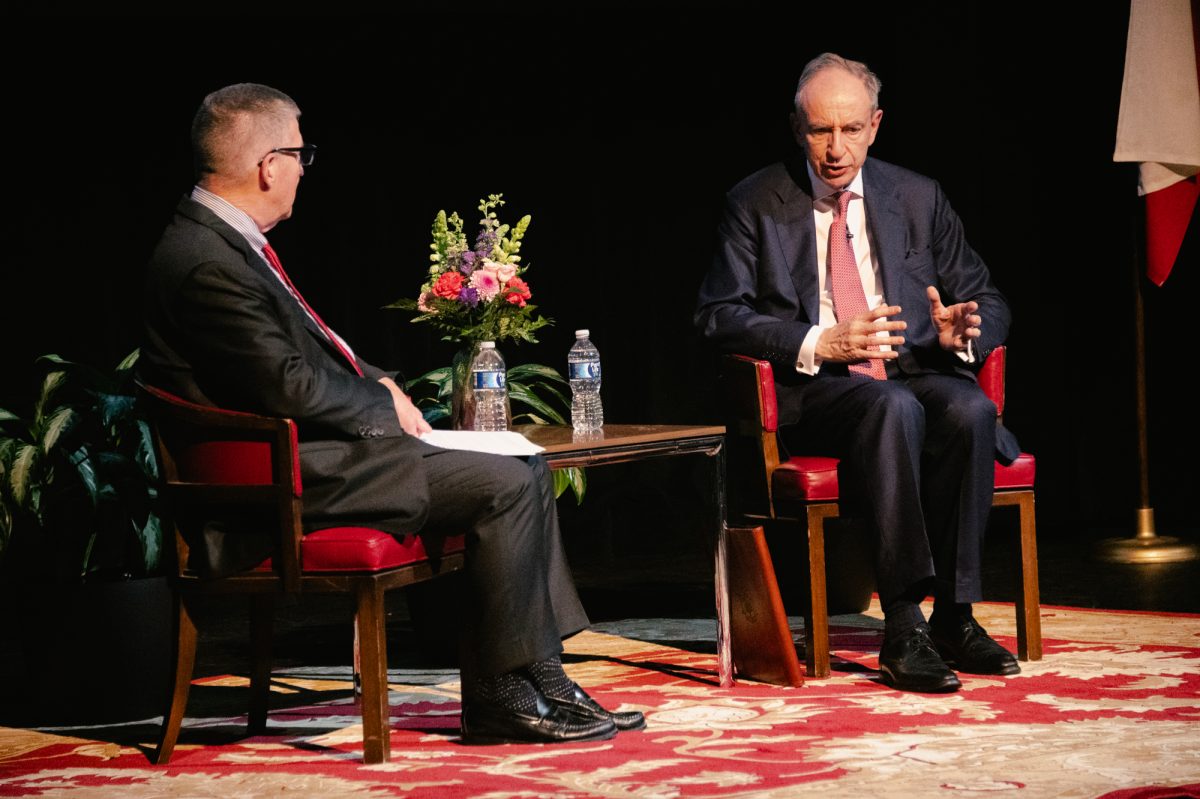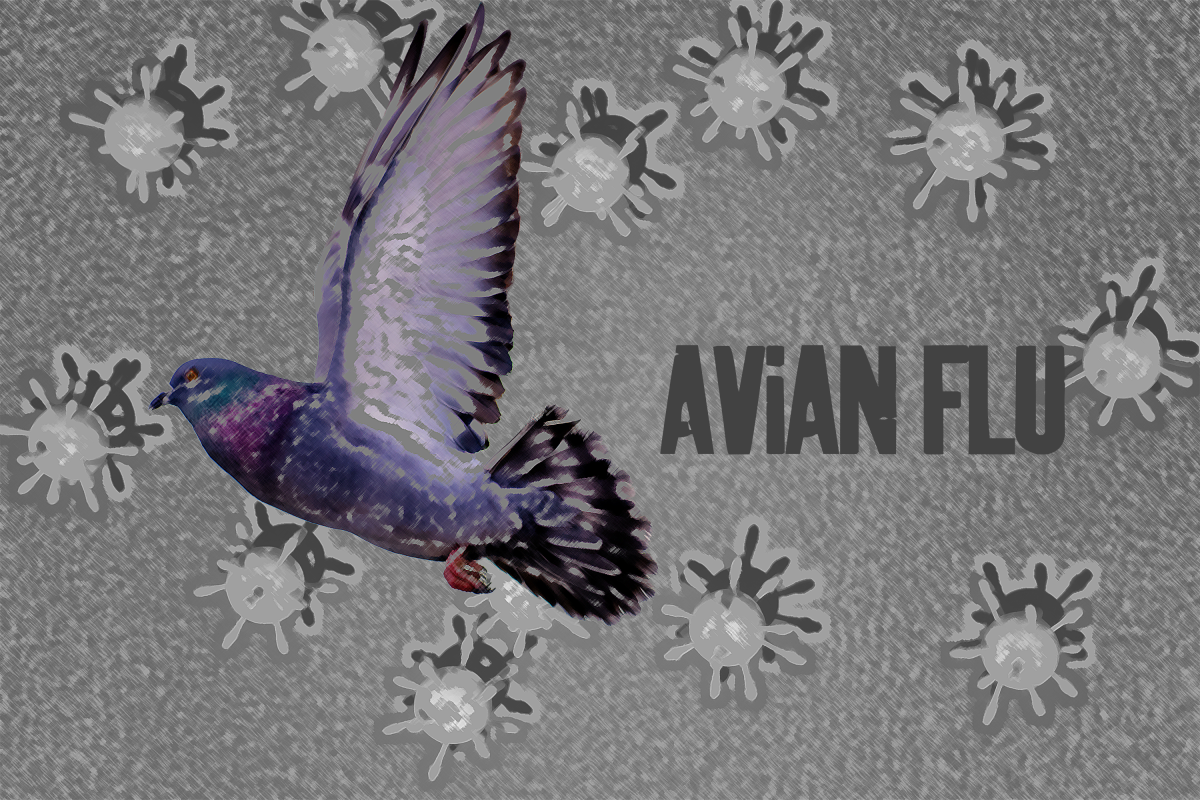Macaulay Culkin has come a long way from being Kevin McCallister, the “Home Alone” kid this generation knows so well. As child stars often do, Culkin attracted an enormous amount of fame and then retreated from the spotlight. Now 25, he has reentered the adult world with new acting jobs and his first book, “Junior,” a semi-autobiography complete with a couple of stick-figure doodles. It’s a book full of sporadic, somewhat creative notions, but its incoherency makes it a difficult read.
“Junior” is many things, including the name of Culkin’s alter-ego. There is no plot or continuous storyline. Instead, “Junior” the book is a collection of essays, lists, thoughts, and life experiences, all taken from Culkin, or Junior’s, collective imaginations. The book is sold as an exploration of Culkin’s psyche, which implies a free-flowing, self-conscious, art-for-art’s sake style.
The thing this book is missing, though, is unity – one culminating idea that ties everything together. Just because a brain can think creatively doesn’t mean it promises the same experience for others when all those thoughts are written down. An autobiography, even a semi-one, should take extra care in inviting the reader to be a part of the author’s world. It’s alright to be disjointed and exploratory, but Culkin’s downright aimlessness is very taxing for readers.
The piecemeal, staccato nature of Culkin’s organization makes reading “Junior” feel like driving in stop and go traffic. Culkin will start a story, may or may not finish it, and then the next sentence will be a rhyme or tongue twister. The only parts that feel connected are the endings. There are several, and each one makes sense in itself. These are the most concrete and satisfying sections of the book. After jumping through and in and under Culkin’s mind, it feels nice to have something solid.
However, “Junior” is not all bad. First, Culkin is not a terrible writer. He’s not a great writer, but then again, he disavows his writing abilities in the introduction. At least the reader is forewarned. He is funny in places, a little boring in others, but he’s also casual and emotionally even-keeled. He’s surprisingly not bitter; rather, Culkin seems to be at peace with himself, and that is perhaps the greatest strength of this book.
There are sparks of ingenuity, especially from his lists. For example, he lists “People I like the least” (which includes “everyone who takes acting awards seriously” and “the people who cancelled ‘The Snorks'”) or the “Things to do before I die checklist.” The lists are funny, personal, and sometimes thought-provoking. These are the best opportunities Culkin gives someone to get to know him. The lists have some life experience behind their inclusion.
Culkin does recount some of his life experiences, including growing up with his father, and by his accounts, his family life was a difficult one. However, he chooses to narrate real events or fictional ones by using other people. In creating “Junior” and his other personas, Oscar de la Mancha and the Wembling Warrior, Culkin has only further muddied his waters. More importantly, the last two are random and undeveloped. It feels like another attempt at being an avant-garde artist, and it just doesn’t work.
“Junior” is not what one expects. It would have been easy to write a tell-all book about his life, and that probably would have been interesting to many people. But Culkin instead chose to publish his thoughts, which, as a reader, one must allow him his artistic liberty. The best way to take this book is for what it is, not what you want it to be.
Junior
April 5, 2006
0
Donate to The Battalion
$810
$3500
Contributed
Our Goal
Your donation will support the student journalists of Texas A&M University - College Station. Your contribution will allow us to purchase equipment and cover our annual website hosting costs, in addition to paying freelance staffers for their work, travel costs for coverage and more!
More to Discover









